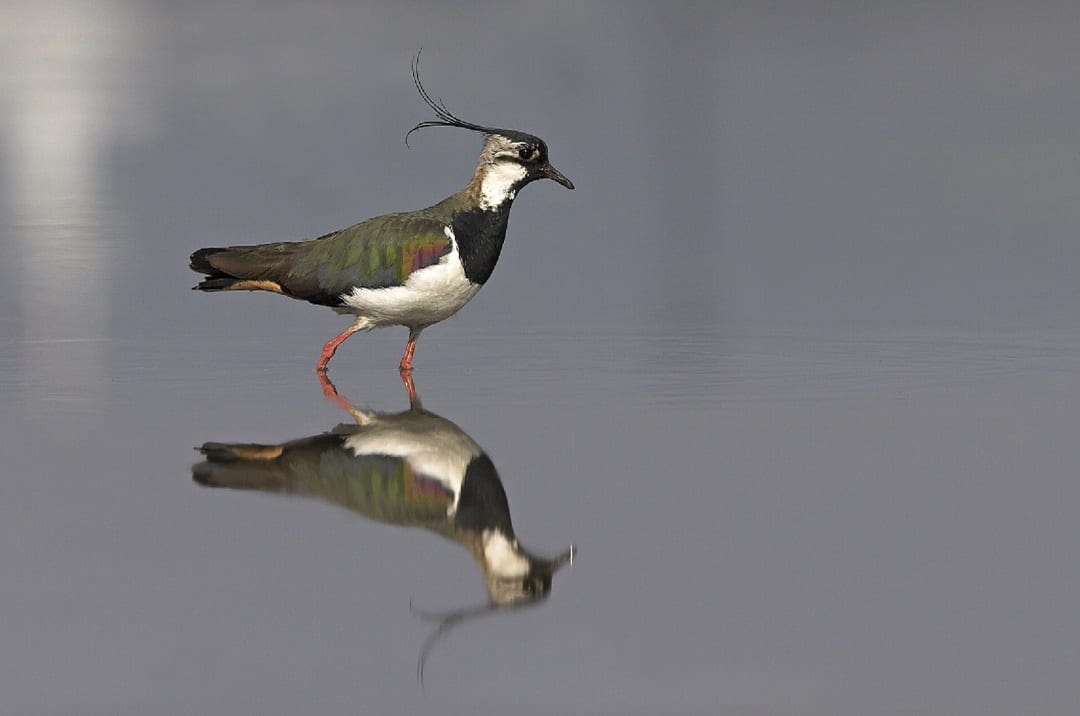After months of debate, disagreement and trepidation, the hard-fought Nature Restoration Law has finally been signed off by European Environment Ministers, marking a turning point for Europe’s nature and its citizens.
This morning, the law was discussed in the European Council, with Minister Eamon Ryan one of the attendees to speak in its favour. The majority of countries voted in favour of the law, with only six countries – Italy, Hungary, Poland, the Netherlands, Finland, and Sweden – voting against it. Austria and Slovakia, countries that had previously voiced doubts about the legislation, changed their position ahead of Monday’s meeting, allowing the law to meet the threshold of support required for it to be passed.
BirdWatch Ireland together with all of our BirdLife partners across Europe see today’s outcome as a great cause for celebration and the first step towards a better future for Europe’s nature, climate and citizens. It also signifies the importance of democracy when it comes to paving a path into a future with no shortage of shared challenges. After many months of discussion, debate, compromise and voting at European Parliament as well as trilogues, the democratic process was adhered to at this final hurdle, allowing this vital piece of legislation to become a reality.
“The passing of the Nature Restoration Law marks a historic moment, a symbol that European countries are committed to facing our climate, habitat and biodiversity crises as a collective that is committed to a science-based approach,” says CEO of BirdWatch Ireland Linda Lennon.
“I’d like to extend my gratitude to everyone who has worked to get this vital piece of legislation across the line, including all of the Irish MEPs who voted it through, as well as the many BirdWatch Ireland supporters who used their voices to express their support for the Nature Restoration Law.”
This Nature Restoration Law requires member states to restore 20% of the EU’s land and sea areas by 2030 and all ecosystems by 2050. Now that it has been formally approved, Ireland and other member states will be required to draft their national restoration plans and lay out in detail how they plan to reach the targets proposed.
“Now the Irish government can start the process of creating Ireland’s Nature Restoration Plan with all stakeholders. It is critical that the government ensures that adequate funding is provided to support all entities in their efforts to restore 20% of land and sea by 2030,” says BirdWatch Ireland’s Head of Policy and Advocacy, Oonagh Duggan.
“This is an exciting time for Ireland to help us to be more resilient to the effects of a changing climate and to restore important populations of wild birds and pollinators as well as the habitats they need.”
In Ireland, 85% of our internationally important and protected habitats are in poor condition. As these habitats become degraded, not only do they become uninhabitable for the plants and animals that rely on them, their many ecosystem services (direct and indirect contributions to human wellbeing) are also greatly diminished.
When in a healthy condition, peatlands store carbon, wetlands hold flood water, dune systems serve as protective barriers against flooding and coastal erosion. Considering the climate and biodiversity crises we are currently facing, it is vital that we restore these extremely valuable habitats back to their full health.
The #RestoreNature coalition, consisting of BirdLife Europe, ClientEarth, EEB and WWF EU, says: “Today’s vote is a massive victory for Europe’s nature and citizens who have been long calling for immediate action to tackle nature’s alarming decline. After years of intense campaigning and many ups and downs, we are jubilant that this law is now reality – this day will go down in history as a turning point for nature and society. Now, we need all hands on deck: Member States must properly implement this legislation without delay in their countries, in close collaboration with all involved stakeholders. At the end of the day, nature can rebounce, for the benefit of our climate, biodiversity and people!”


